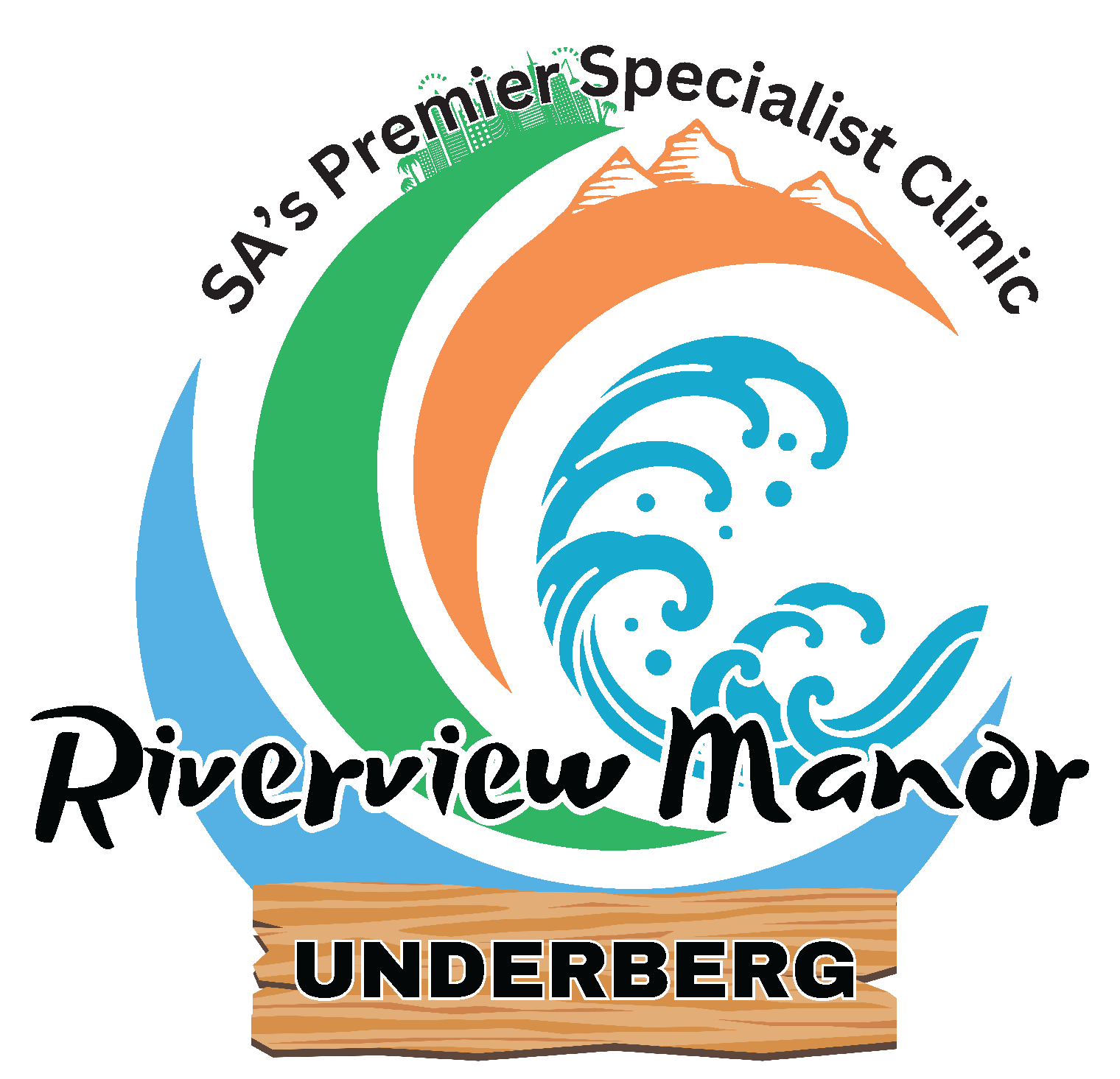With the re-opening of casinos imminent and online gambling booming, the risk of cash strapped people turning to gamble for a rapid solution to their money woes is significant.
Samukelisiwe Mthembu, Clinical Psychologist at Riverview Manor, a specialist clinic that deals with everything from eating disorders to gambling and drug addictions, warns that this could threaten already tentative family food security and, when fuelled by alcohol, increase arguments that can spiral into gender-based violence.
She notes that while it is still too early to predict the impact of lockdown, followed by the easing of gambling restrictions in South Africa, research released by the UK Gambling Association was cause for concern.
During the toughest periods of lockdown, there was a marked increase in the number of new betters online, although the size of bets remained small. However, when it came to engaged gamblers, 64% increased either the amount of time or the money spent gambling. Almost one in eight saw online gambling sessions lasting for over an hour.
This could indicate an increase in new gamblers as well as increased intensity amongst established gamblers. Many could become or already are addicted to gambling, she says.
The South African Responsible Gambling Foundation (SARGF) says about three per cent of South Africans can be classified as problem gamblers with 0, 5 per cent being classified as pathological gamblers. The latter has an impulse control disorder that leads them to gamble uncontrollably which leads to significant damage to themselves and others.
Gambling as an addiction works like any other addiction such as alcohol use disorder. Thus, in the same way, as individuals went to great lengths to access alcohol and cigarettes during lockdown, risky gambling is no different. With the added financial strain of COVID19, illegal gambling may also be increased.
According to Mthembu, pathological gamblers develop a cycle of winning, losing and desperation and their compulsive behaviour as they try to unsuccessfully win back their losses often destroys family relationships, causes job losses and leads to criminal activity to feed their habit.
Mthembu notes that compulsive gamblers are likely to increase their activities during adversity.
“If they are struggling with interpersonal relationships, grief, low self-worth, a financial crisis such as one sparked by the Covid-19 pandemic or any mental illness, they may increase their risk-taking behaviour,” she says.
She says that gambling can stimulate the brain’s reward system in a similar way to drugs or alcohol.
“The rewards centre reinforces the behaviour. For example, when a child does well in school, the teacher rewards the child with a gold star. Then, after five gold stars, the child gets a treat. This may then motivate the child to continue with this good behaviour. When a compulsive gambler gambles and wins, the rewards centre releases an organic chemical called dopamine. Dopamine functions as a ‘feel-good’ generator thus bringing about feelings of euphoria or pleasurable relaxedness.
“While substances (psychoactive drugs) directly alter the dopamine and other neurotransmitters in the brain, activities such as gambling, shopping and watching porn cause a chain reaction in the pleasure centre that leads to the release of dopamine. This contributes to obsessive thinking about the object or behaviour of the addiction and the feeling that one doesn’t have control,” she explains.
Addiction also involves the process of learning, memory and recollection. Once someone can remember how they experienced a behaviour or substance (euphoric high state or relaxedness), it becomes ingrained. A person with a gambling disorder will continue to play after many loses because they will keep reminding themselves of the times they won and the feeling this bought about.
According to Mthembu, an individual with a gambling disorder:
- Gains very little entertainment or enjoyment from gambling but rather a sense of relief.
- Develops an unhealthy obsession with gambling and thus feels obliged to gamble.
- Takes risks to continue gambling: i.e. selling their car, stealing, selling themselves, taking out a loan.
- Has a sense of not having control when wanting to gamble or whilst gambling.
- Can no longer function adequately in interpersonal relationships (with partners, family or employers).
- Isolates themselves to gamble.
- Loses great sums of money or time regardless of affording or not affording to gamble.
- Will omit information or directly lie about their gambling.
Those who are most at risk usually have a family history of gambling.
Gambling is also interlinked with other mental illnesses such as bipolar mood disorder, depression, anxiety, poor impulse control (such as borderline personality disorder) as well as addictions to other substances and pathological behaviours.
Mthembu says that, although compulsive gambling can be treated, the process is challenging and is best handled through long term therapy rather than a short term approach which has a poor success rate.
Caption: Samukelisiwe Mthembu, Clinical Psychologist, at Riverview Manor and ChooseLife SA
ENDS
About Riverview Manor
Located in Underberg, in the Southern Drakensberg, Riverview Manor is a private specialist clinic treating psychiatric disorders with a dual diagnosis of drug and alcohol addiction and dependence, eating disorders, anorexia, bulimia, anxiety, depression, trauma and stress. However, due to the complexities of modern-day living, it has constantly extended its programmes to address closely related dual diagnosis problems and addictions that now include everything from substance abuse (crystal meth, heroin and cocaine) to prescription medication and even gambling and sex addictions.
Riverview Manor’s Treatment programme for gambling addiction includes:
- Weekly, psychotherapy by trained and registered clinical psychologists.
- Assessments, follow-ups and medication prescribed by trained and registered psychiatric nurses, nurses, general practitioners, and psychiatrists.
- Weekly lectures for clients to strengthen their self-help and self-care techniques and mechanisms and help them to identify underlying factors contributing to their gambling. Lecture topics include lifestyle and diet, pharmacology and sleep, cognitive behavioural therapy and boundaries, relapse prevention and anger management.
- Addiction counselling groups offered by outside members committed to associations of addiction recovery.
- Family sessions to increase support systems.
- Weekly facilitated group therapy.
- Weekly facilitated art therapy.
- Weekly step program to assist clients in formulating a recovery plan unique to their gambling disorders.
- Weekly yoga and mindfulness workshops.
- Multidisciplinary activities involving psychiatrists, psychologists, nurses, psychiatric nurses, occupational therapists, spiritual counsellors, dietitians and equine therapy to assist with recovery.
- Weekly outings (golf, waterfall visits, hiking, country club walks or client soccer/cricket, museums and site seeing.)
Sources:
- https://www.health.harvard.edu/newsletters/harvard_mental_health_letter/2011/july
Further reads:
Self-Check Quiz that will allow you to determine whether you have a gambling problem: https://responsiblegambling.org.za/self-check-quiz/
For more information contact Sam Mthembu on 033 701 1911
Issued by Shirley Williams Communications: Contact Shirley on 083 303 1663 or shirley@shirleywilliams.co.za
Riverview Manor website: https://www.riverviewmanor.co.za/therapies/depression/


Recent Comments